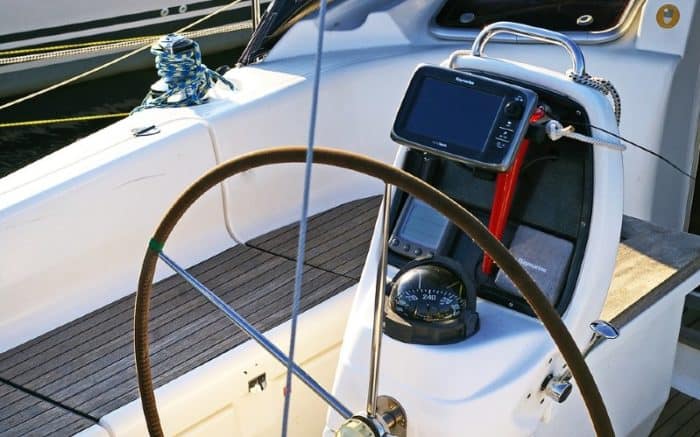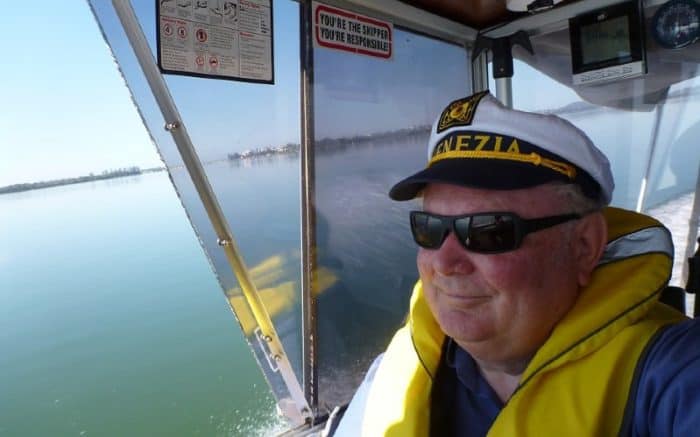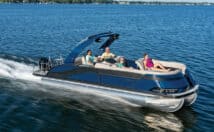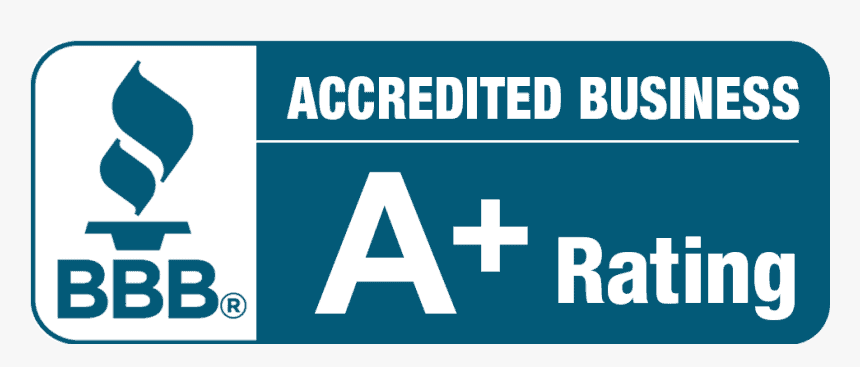What You Need to Know About the U.S.C.G. License Exam
All captains are mariners, but not all mariners are captains. If you want to become a USCG licensed captain, there is a testing process you can go through. You need to gain experience on a boat. When you feel you are ready, then it’s time to take an official U.S. Coast Guard license exam.
When Do You Need a Captain’s License?
This comes down to the difference between a casual boater and a captain and that is strictly a matter of business. if you plan to captain your boat commercially then yes, you need a captain’s license. What does that mean? Let’s look at an example.
You’re heading out on the water for an afternoon with a group of friends to go fishing. There are ten of you in total on your boat. Everyone chips in for gas, drinks, bait and snacks and away you go. The Coast Guard stops you and asks the passengers if they paid you to take them out. Their answer can determine whether or not you need a captain’s license.
If the people on the boat paid you to take them out, and by that we mean payment was mandatory because this is a job you’re performing, you are now a captain. Your friends are “passengers for hire.” The vessel is now a commercial fishing boat and you must legally be a licensed captain to operate it under these specific conditions. However, if your friends just chipped in for gas, then you are not legally considered a captain in this case and do not require a license. Let’s look at how the law breaks it down.
SEC. 506. PASSENGER FOR HIRE
Section 2101 of title 46, United States Code, is amended by inserting between paragraphs (21) and (22) a new paragraph (21a) to read as follows:
“(21a) ‘passenger for hire’ means a passenger for whom consideration is contributed as a condition of carriage on the vessel, whether directly or indirectly flowing to the owner, charterer, operator, agent, or any other person having an interest in the vessel..”
DESCRIPTION – The determination of what constitutes the carriage of a “passenger for hire” must be made on a case by case basis. This determination is dependent upon the actual operation of a vessel and the flow of consideration as determined by the facts of each case. In general, there needs to be some form of tangible consideration or promise of performance being passed for a “passenger for hire” situation to exist.
SEC. 507. CONSIDERATION
Section 2101 of title 46, United States Code, is amended by inserting between paragraphs (5) and (6) a new paragraph (5a) to read as follows:
“(5a) ‘consideration’ means an economic benefit, inducement, right, or profit including pecuniary payment accruing to an individual, person, or entity, but not including a voluntary sharing of the actual expenses of the voyage, by monetary contribution or donation of fuel, food, beverage, or other supplies.” Additionally, employees or business clients that have not contributed for their carriage, and are carried for morale or entertainment purposes, are not considered as an exchange of consideration.
So, basically, you promised something in exchange for them paying you. This would be the same as if you were a pilot flying a plane or a cab driver taking a fare somewhere. But when it’s just your friends we can assume that paying for gas isn’t the thing that makes or breaks the day. It’s not like you’re kicking your friend off the boat for non-payment. So that situation is allowed.
Remember: If you want to use your boat for commercial purposes, then you need a license. That means if you are going to be used as a charter vessel and ferry people from one place to another. It also means if you’re taking out passengers to scuba dive or fish. As long as you’re charging them money for your services, you need a captain’s license. Let’s check out how you go about getting one.
What is the USCG License Exam?
The U.S. Coast Guard license exams cover all the questions you need to know to become a ship captain. Questions are covered in modules such as:
- Navigation
- Rules of the Road
- Marlinspike seamanship
- Deck General
There will be additional questions and modules covered on the exam as well. Each module will have different questions on different sections. There are USCG exam study courses you can take to help you prepare for the test questions. They’ll cover all the information you need to know. There are also maritime schools and courses. These will prepare you for the test and offer resources and information to help you.
Types of Boat Licenses
There is more than one kind of license test that you can take. Depending on your knowledge, there are three potential captain’s licenses mariners can earn from the United States Coast Guard.
- OUPV or Operator of Uninspected Passenger Vehicle License
- This is also known as a 6-pack license. You can captain a vessel with no more than 6 people on board with this license. There are different kinds of OUPV licenses based on your sea services. You need 360 days of sea time to qualify. 90 days of that must be in the range for which you apply. Ranges include:
- Inland
- Inland and Great Lakes
- Near Coastal
- This is also known as a 6-pack license. You can captain a vessel with no more than 6 people on board with this license. There are different kinds of OUPV licenses based on your sea services. You need 360 days of sea time to qualify. 90 days of that must be in the range for which you apply. Ranges include:
- Master Near Coastal
- This license requires 720 days of sea time. 360 of those days have to be in near coast waters. Near coastal qualifies as up to 200 miles off the US coast.
- Master Inland
- This allows you to operate on lakes, harbors and rivers. You need 360 days of sea time to qualify for this. 90 of those days have to be on the Great Lakes. You can also work as a mate on a coastal vessel in the ocean with this license. You’ll need 180 days of ocean time to do so.
How to Prepare for the National Maritime Center Exam
There are a handful of necessary steps you can take in order to prepare yourself.
- The most important step to prepare for the exam is experience. You need to put in your time on a ship to gain confidence and skill. You will need to show the United States Coast Guard evidence of your time on a boat. Starting as a deckhand is typically the way to get this done. Work your way up the ranks and learn all the jobs. This will help you answer most questions during testing.
- The next step is taking an exam study course. Maritime schools offer these. Find a US Coast Guard approved captain’s license course offered near you. The National Maritime Center is typically where you would go for this. There will be questions on a range of subjects.
- There are practice tests you can take online. Practice tests are not exactly the same as the test, but the material covered is similar. Passing practice exams does not mean students are guaranteed a good grade on the real test.
- During the real test, no references are allowed for the Rules of the Road modules.
- Typically, some references will be made available in the exam room. This includes the CFR or Code of Federal Regulations. They detail vessels, shipping, USCG requirements and so on. The code regulations are very important. You’ll need to know many of them.
- Students will have to provide support documentation. The USCG requires proof of sea service and medical exams from every applicant. Also, proof of drug testing is required.
Benefits of Taking the U.S. Coast Guard Exam
As a career, being a captain could be quite lucrative. There are around 36,000 licensed captains in the United States at the moment. The average annual salary for a ship captain is $106,000 according to the website Salary.com. If you get a gig on a superyacht or a container ship, you may end up at a higher pay scale. You have to take into account experience, of course.
As you can see, there are some clear benefits to becoming a captain. If you can handle the studies and get a good grade, you could have a new career.
Categories: nauticalknowhow














1 Comment
Maximo R Lopez on August 19, 2019
I’m trying to take some of the practice tests but they don’t start. Is there anything specific I need to do to take the practice tests for the OUPV Captains license?